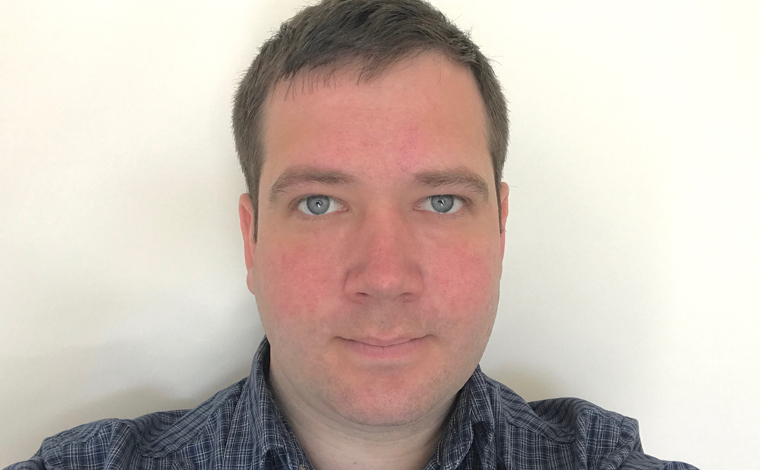New research has given weight to Sigmund Freud’s claim that love and work are important for our well-being - by highlighting how the threat of unemployment can activate thoughts of death for those not in a relationship.
The research by Dr Simon McCabe and Dr Michael Daly, of the University of Stirling, looked at whether the threat of unemployment led people to think more about dying.
They found that simply thinking about being unemployed could lead people to have higher levels of death-related thoughts.
However, these feelings were lessened for those in a relationship or those who perceived the job market as being healthy.
Dr McCabe, a lecturer at Stirling Management School, said: “This research is significant given that most people will be unemployed for at least some period of their life.
“Further, it may inform one aspect of the psychological consequences related to periods of recession and unemployment.
“It’s not just tough financially but also psychologically, in a way that we did not appreciate before.”

Dr Simon McCabe
Previous research has shown that unemployment can lead to financial hardship, substance abuse and lower physical and psychological well-being.
This is the first study to highlight how the threat of unemployment can lead people to think more about death.
“This is potentially because loss of one’s job threatens a person’s sense of value, purpose, and meaning – factors argued to keep mortality concerns at bay,” said Dr McCabe.
“This was not the case for those who were in a relationship or those who perceived the job market as being healthy. It is possible these act as ‘safety nets’ that help stop the person experiencing death thoughts as they provide the person with a backup sense of value and/or the possibility that re-employment will be achievable.”
The research, published in the British Journal of Social Psychology, could be used to inform policy on the negative effects of precarious employment and zero-hours contracts.
It could also help clinical psychologists and counsellors to recognise a previously overlooked repercussion of unemployment.
Background information
Media enquiries to Rosemary Free, Communications Officer, on 01786 466 169 or rosemary.free@stir.ac.uk

